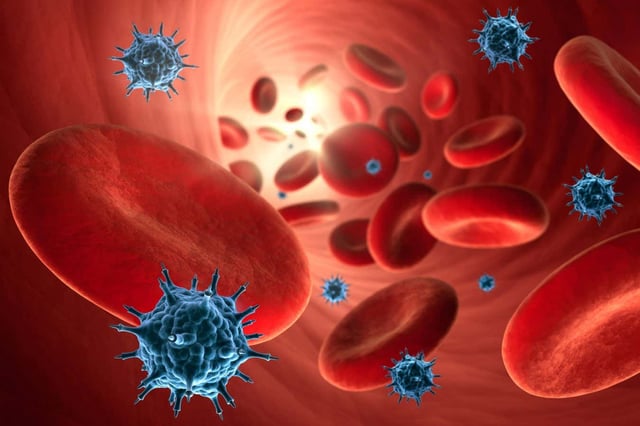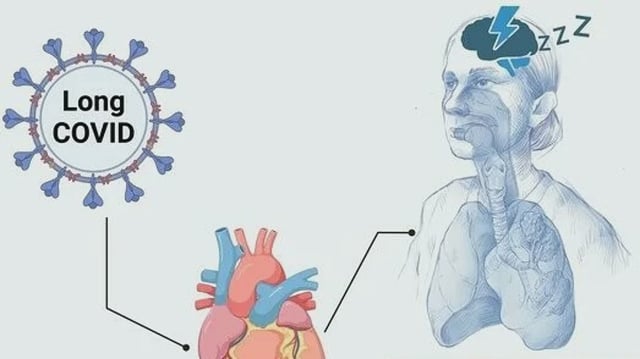Overview
- The CARTESIAN study enrolled 2,390 adults across 16 countries and measured carotid–femoral pulse wave velocity at around six and 12 months after infection.
- Six months post-infection, women who had COVID-19 showed PWV increases of 0.55 to 1.09 m/s—equivalent to roughly five years of vascular aging—while men had minimal changes.
- Women with persistent long COVID symptoms at the six-month mark recorded higher PWV readings (7.52 vs 7.13 m/s) compared to those who fully recovered.
- By the 12-month follow-up, previously infected participants generally exhibited stable or improved arterial stiffness, whereas uninfected controls experienced continued stiffening.
- Researchers will continue monitoring the cohort to determine whether these vascular aging signals after COVID-19 infection translate into elevated risks of heart attacks or strokes.



